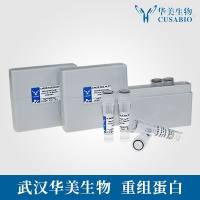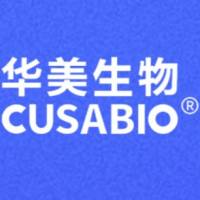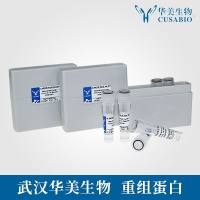In Vitro Systems for Studying the Interaction of Fungal Pathogens with Primary Cells from the Mammalian Innate Immune System
互联网
互联网
相关产品推荐

C1orf106/C1orf106蛋白Recombinant Human Innate immunity activator protein (INAVA)重组蛋白C1orf106; CA106_HUMAN; Chromosome 1 open reading frame 106 ; FLJ10901; Uncharacterized protein C1orf106蛋白
¥1500

btuC/btuC蛋白/btuC; OE_2952FCobalamin import system permease protein BtuC蛋白/Recombinant Halobacterium salinarum Cobalamin import system permease protein BtuC (btuC)重组蛋白
¥69

rQ MagSi-NA Pathogens (10x96 preps)
¥39802

marA/marA蛋白//蛋白/Recombinant Shigella sonnei Transcriptional activator of defense systems (marA)重组蛋白
¥69

重组人 p38 delta / MAPK13 蛋白 (Activated in vitro, GST标签)
¥3220
相关问答
推荐阅读
In Vitro Systems for Studying Epithelial Transport of Macromolecules
Human Epithelial Model Systems for the Study of Candida infections In Vitro: Part II. Histologic Methods for Studying Fungal Invasion
In Vitro Cellular Systems for Studying OC Function and Differentiation: Primary OC Cultures and the FLG 29.1 Model

